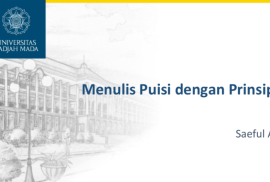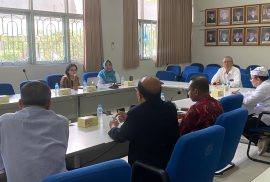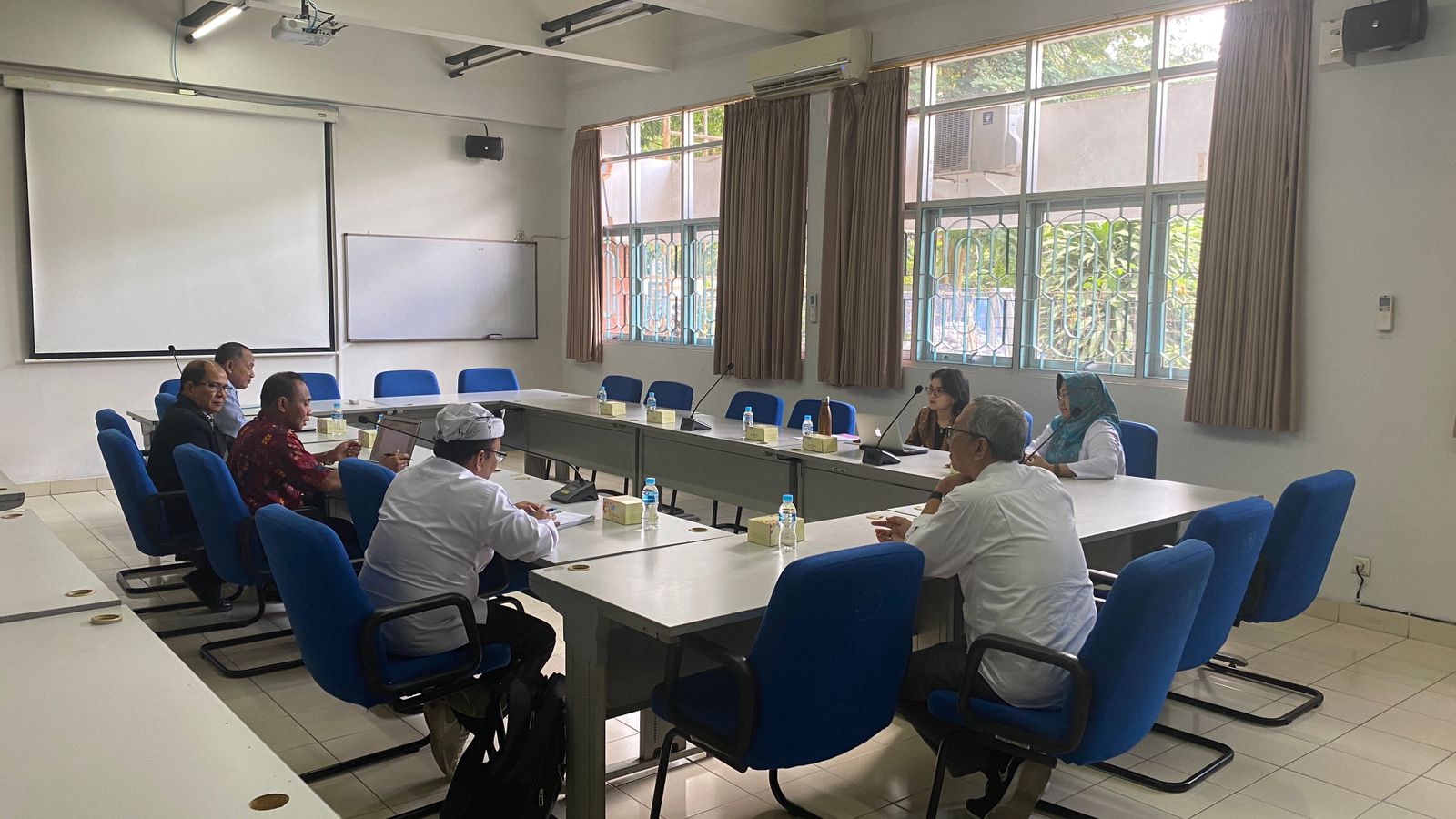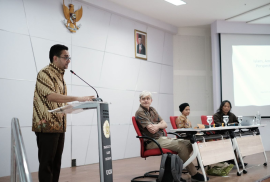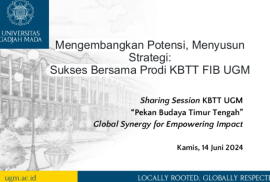Yogyakarta, July 27, 2024 – Evi Idawati’s Literary House in Sedayu, Bantul, recently organized an intensive workshop entitled “Piwulang Sastra Menatah” which aimed to teach poetry writing skills to teenagers in Yogyakarta. This activity is aimed specifically at those aged between 17 and 21 years old.
The workshop officially opened on July 14, 2024, and on July 24, 2024, the training event entered its third agenda by presenting two renowned speakers in the field of literature, namely Hasta Indriyana, an accomplished poet, and Saeful Anwar, S.S., M.A., a poetry writer and lecturer at the Indonesian Language and Literature Study Program, Faculty of Cultural Sciences UGM.
In the session, Saeful Anwar shared valuable insights into the process of creating poetry. He explained that a poet’s perseverance often correlates with his ability to pay attention and absorb the things around him. Anwar emphasized the importance of originality in literary works, which he said are often inspired by the poet’s own social environment.
“Poetry is different from prose in terms of the limited number of words available, which makes poetry more honest because it has to be straight to the point without many additions,” Anwar said. He also introduced the 3T concept taught by Ki Hadjar Dewantara: titeni (observe), imitate and add. This concept aims to encourage workshop participants to be more critical in writing and add uniqueness to their poetry.
This activity received an enthusiastic response from the participants, who felt that they got a lot of inspiration and new techniques in writing poetry. With this workshop, it is hoped that more Yogyakarta teenagers will be able to explore and develop their literary talents through poetry.

